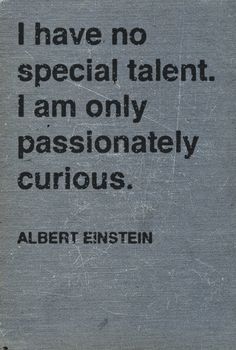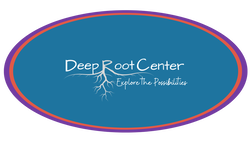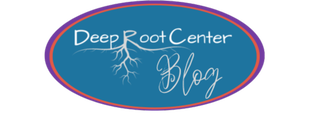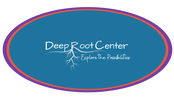 Have you ever listened to NPR, CBC or podcasts, such as This American Life and heard the hosts introduce a theme for that particular show along with an expert or two who proceed to expound on specific subjects that are either quite broad (eg. Memory or Neanderthals), or very narrow (eg. steamboats on the Mississippi between the years of 1850-1852)? Do you ever wonder who these people are and how they became the expert in their field? My personal curiosity about this phenomenon, as usual, began the thought process that has led to this blog post. And in this case, as you will discover, a fairly apropos connection has become apparent. Self-directed, intrinsic, and independent learning is motivated and driven purely by curiosity and interest, not coercive, mandatory or compulsory lessons. This is the natural inclination for all humans, whether you are two or ninety-two; because, we are, quite simply, designed to learn. People who are interested, or fascinated by a particular theme or event express a desire to explore it more closely by researching the subject or participating in the activity. Their curiosity is naturally peaked, as their investigations uncover additional layers of intrigue, which leads them to delve even deeper into the topic until they have internalized enough knowledge to start sharing their discoveries with other people. Because, it is this, the teaching, that leads to expertise and an even greater understanding of the subject. Becoming an expert on invasive plant species of the North East, 19th Century Forensic Science, or the history of bobsledding may not land you on the next edition of To the Best of Our Knowledge, however, the intense personal joy and satisfaction produced by learning and then sharing your newly acquired knowledge with a friend or student comes in a close second.
0 Comments
Your comment will be posted after it is approved.
Leave a Reply. |
|
© 2024 Whole Learners, Inc. 501(c)3
Deep Root Center
48 Riverside Drive, Canton, NY 13617
315*323*1435/[email protected]
Deep Root Center
48 Riverside Drive, Canton, NY 13617
315*323*1435/[email protected]


